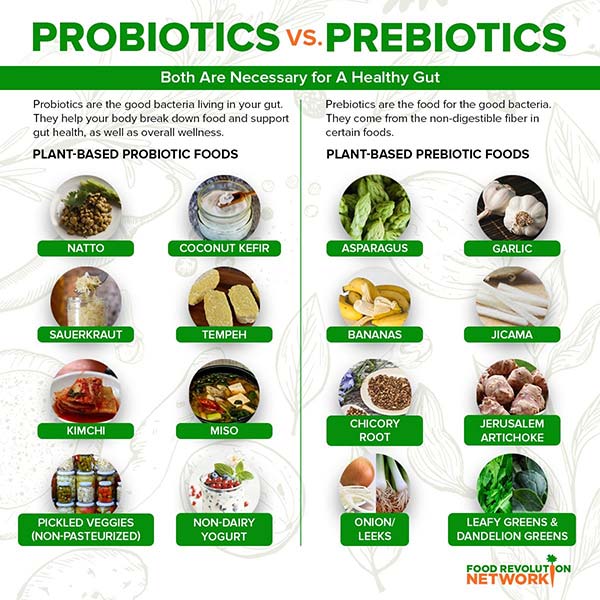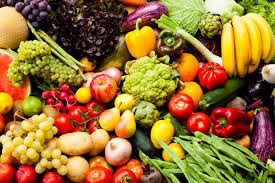Foods To Help Recover From Covid 19
A favourite saying for nutritionists is ‘Let medicine be thy food’ so the quick answer would be yes. It is never as simple as that because Covid 19 has been a varied, unprecedented virus with symptoms varying from nausea to a slight sniffle. Like any illness, you will need protein-rich foods to repair the cells and carbohydrates to give you more energy but let’s dig deeper.
How Does Food Help You Get Better?
Our innate immune system has got a variety of ‘soldiers’ guarding us called lymphocytes, antibodies, white blood cells and phagocytes to name just a few that can devour and destroy invading pathogens. In order to do the job, they need extra energy so that is why you feel so listless and tired when you are sick. After the baddies are destroyed we must rebuild new cells.
The proteins break down into amino acids and these are then used as the building blocks for new cell structures. The average healthy person can eat 30-50g of protein daily in the average first world diet. You should increase that to 50-75g when you are in recovery. I suppose you could say in the same way a bodybuilder has a protein shake after a weights session in the gym.
The problem is that when you are sick you don’t really want to eat much. Nausea and in some cases vomiting is a symptom of Covid 19 so don’t force yourself to eat until you can stomach solid food.

Start with a nice homemade broth. Remember when your granny made you chicken noodle soup when you were sick from school? The science behind that is when you cook down good chicken, beef or lamb bones for at least 6 hours you release the beta-glucans locked away in the marrow. Beta-glucans activate our immune cells to;
- Respond to disease
- Boost good gut bacteria
I advise my clients to have a soup bowl of bone broth daily for a week after an illness. This is also easy to drink if you have a sore throat.
Another good idea if you have a sore throat is a soothing frozen yoghurt. Be careful to buy one that is not full of sugar and additives or better still make one. My quick recipe is;
- Mango Frozen Yogurt
- 1kg Full fat natural yogurt
- 1 ripe mango flesh mashed up
- 1 lime juiced
Blitz the 3 ingredients in a blender and put in a sealed container in the freezer until set. You can swop out the fruit for a seasonal local fruit too. This recipe is high in protein, probiotics, antioxidants, minerals and vitamins.
What Other Nutrition Do We Need To Speed Up Recovery?
Complex carbohydrates will fuel the immunity tank during recovery whether you are in bed or able to walk around. Start with oats, wholemeal bread packed with seeds and wholemeal pasta in small amounts. A small bowl of porridge with a sprinkle of seeds on top and a teaspoon of local honey is a good all-round breakfast or brunch. These high fibre foods will also feed the good bacteria in the gut.
How Important Is Gut Bacteria For Covid Recovery?

New research suggests that the mucous membranes in our gut ‘talk to’ the mucous membrane in our lungs and other vital organs. They believe that this could be a significant messaging pathway for our immune system so a strong microbiome is a significant part of Covid 19 recovery. To boost the microbiome you should try to eat prebiotic foods like in the diagram below daily during recovery, even in small amounts. Better to eat 3 small meals a day and work up to the bigger plates of food when you are ready.
What Else?
We sold out of Zinc, Vitamin C and D3 early into the pandemic like other health stores and pharmacies for good reason. There is plenty of research to back up the immune-boosting benefits of all 3. I would also like to give an honourable mention to;
- Selenium
- Copper
- Vitamin A, B6, B9
- B12 especially if you are vegan because we source it mainly from meat
- Essential Fatty Acids- These are the anti-inflammatory good fats in your leafy green vegetables, nuts, seeds, oily fish and good quality chicken. They are also essential for the rebuilding of brain cells and for our immune system in general. Try to include one of these daily and increase it to twice daily once a little stronger.
Aim for soups packed with vegetables of different colours. Use the bone broth already mentioned as your stock or buy it while your energy is really low.
The average person should eat no more than 30g of sugar per day. We tend to have increased sugar cravings during Covid and in recovery but try to get the sweetness from fruit, local honey and coconut palm sugar.
Nigella Seeds And Covid 19
Recent clinical trials have tested the benefits of Nigella Sativa oil for Covid 19 recovery. The conclusion was that 1 teaspoon of seeds daily or 500mg twice daily in capsule form could help speed up rehabilitation by a third more than the average!
Loss of taste and smell.
Most Covid 19 patients that do lose the sense of taste or smell, about 50% tend to get one or both back within 2-3 weeks. This can really impact your appetite and enjoyment of food. Some people found that tasting strong flavours twice daily over 2 months brought back the senses. A focus on textures can help with more crunchy foods and new textures.
Try to avoid alcohol and more than 2 caffeine hits a day while in recovery. If you have experienced high temperatures that bring dehydration, getting in 2 litres of water daily once the digestion settles is an important target.
These are my favourite herbal teas for recovery-
- Elderberry
- Elderflower
- Pine needles
- Mullein leaves
- Ginger
- Chamomile
Either in combination or separately.
Although we are not out of the woods yet and there are many people who continue to live with long Covid 19 I hope there are some health tips here for you to help you on your road to recovery.
